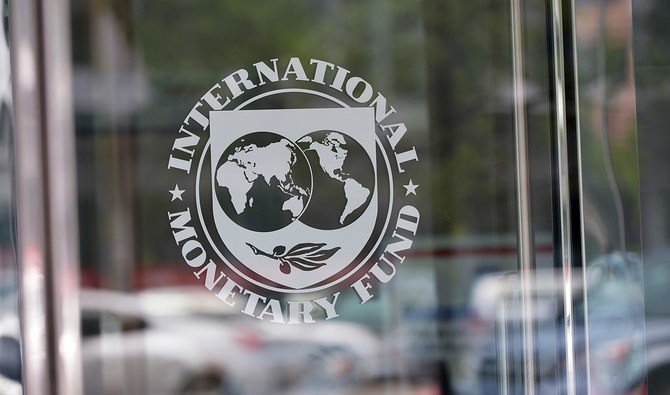
Pakistan and the International Monetary Fund (IMF) have reached a staff-level agreement. If approved by the IMF board, it will grant $1.1 billion to the debt-ridden South Asian economy. The funds are the final tranche of a $3 billion rescue package that Pakistan had secured last summer. The package had prevented a sovereign debt default. Islamabad is also seeking another long-term bailout. The IMF stated in a press release that “the IMF team has reached a staff-level agreement with the Pakistani authorities on the second and final review of Pakistan’s stabilization program.” The statement adds that “this agreement is subject to approval by the IMF’s Executive Board.” The agreement will expire on April 11.
The deal comes after five days of talks between the IMF mission and Pakistani officials to review fiscal consolidation benchmarks set for the loan. Most Pakistan dollar bonds were trading higher on Wednesday after the deal was announced. The 2027-maturing bond was up 0.25 cents at 83.957 cents on the dollar while the 2025 bond was up 0.21 cents at 92.023 cents on the dollar. Pakistan’s Finance Minister, Muhammad Aurangzeb, had previously stated that Islamabad would seek another long-term bailout. The IMF confirmed that Pakistan had expressed an interest in a deal and that it would formulate a medium-term programme if Islamabad applies for one. The government has not officially stated the size of the additional funding it is seeking through a successor programme.
However, Bloomberg reported in February that Pakistan planned to seek a new loan of at least $6 billion from the lender. The debt-ridden economy, which shrank 0.2% last year, is expected to grow around 2% this year. It has been under extreme stress with low reserves, a balance of payment crisis, inflation at 23%, policy interest rates at 22%, and record depreciation of the local currency. Ahead of the stand-by arrangement, Pakistan had to meet IMF conditions, including revising its budget, raising interest rates, generating revenues through more taxes, and raising the price of electricity and gas. These measures have led to increased inflation.